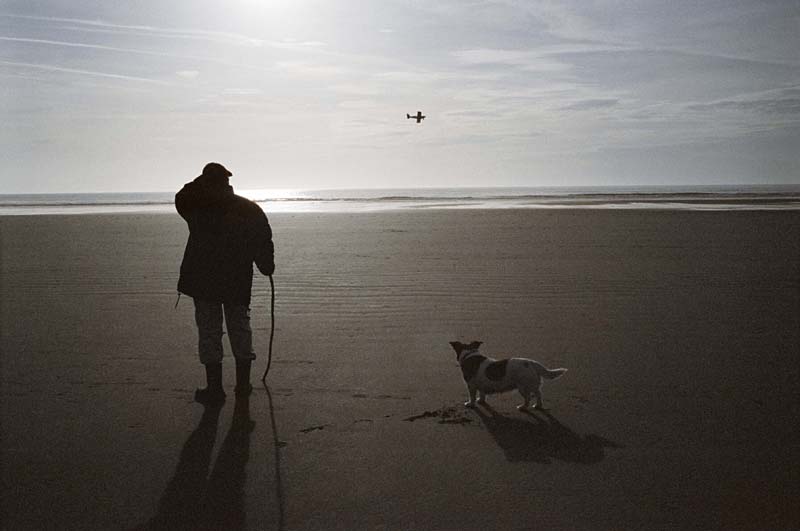A loving portrait of place, Gideon Koppel’s tribute to a very small town in Wales isn’t the kind of documentary that makes you think, “Oh, honey, we should do a bicycle tour there!” The windswept, grassy hills, studded with sheep, can be pretty, but they’re not inviting. The few people we meet tend to be old farmers who’ll be buried near their fields and small children who’ll surely leave the hamlet when they come of age. Even as the documentary celebrates this farming community, you realize the term is synonymous with community in decline. Trefeurig is emptying out. The school may close for lack of pupils; the library is a cheerful yellow bookmobile that crawls down narrow lanes to reach its dwindling patrons. “We’re losing it all, and it’s such a pity,” one woman mutters at a school gathering, but her words apply to Trefeurig as a whole. (She speaks in English, but much of the film’s overheard conversations are in Welsh, with subtitles.) A film that requires considerable patience of the viewer, and close attention, Sleep Furiously immerses itself in the daily rhythms of village life. Hay is baled, sheep are sheared, and a choir rehearses. Koppel provides no voiceover, and never explains that his German Jewish parents resettled in Trefeurig, where he grew up after World War II. (Nor does he identify his aged mother, Pip.) His poetic essay is suffused with a melancholy awareness that Trefeurig is steadily, quietly becoming a ghost town, where not even tourists will bother to pause.
Sleep Furiously: A Tone Poem in Wales








